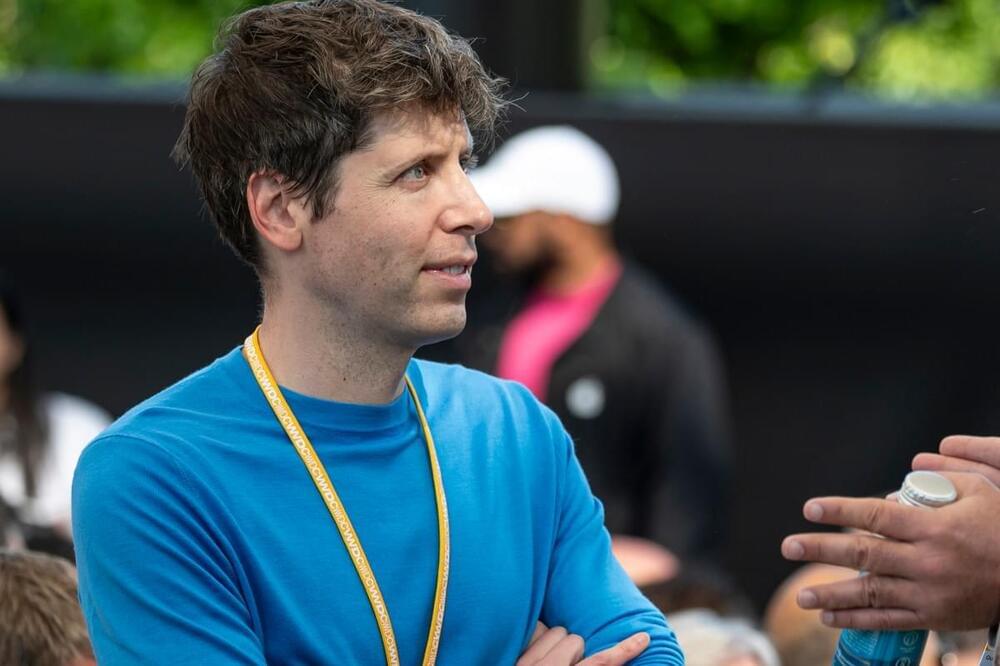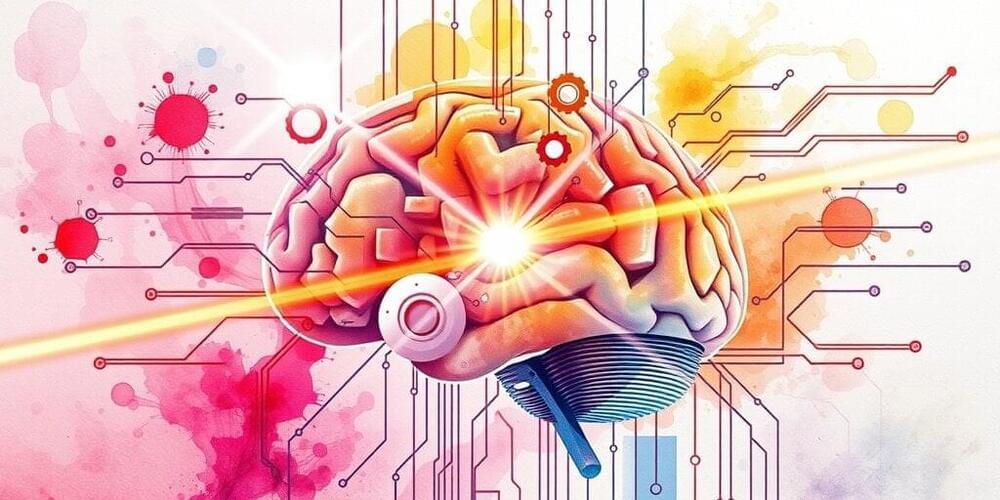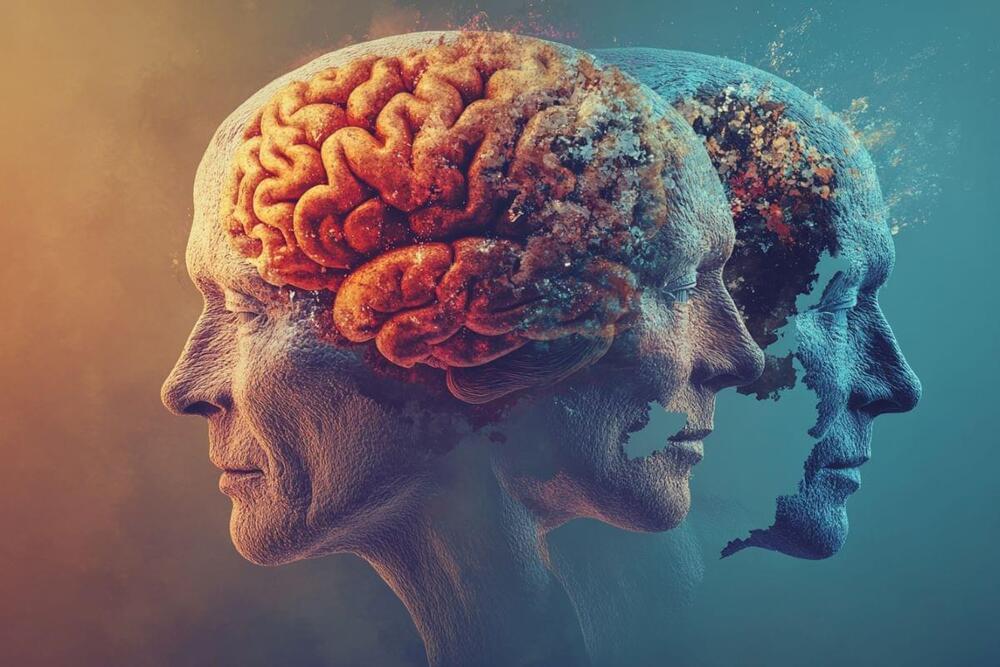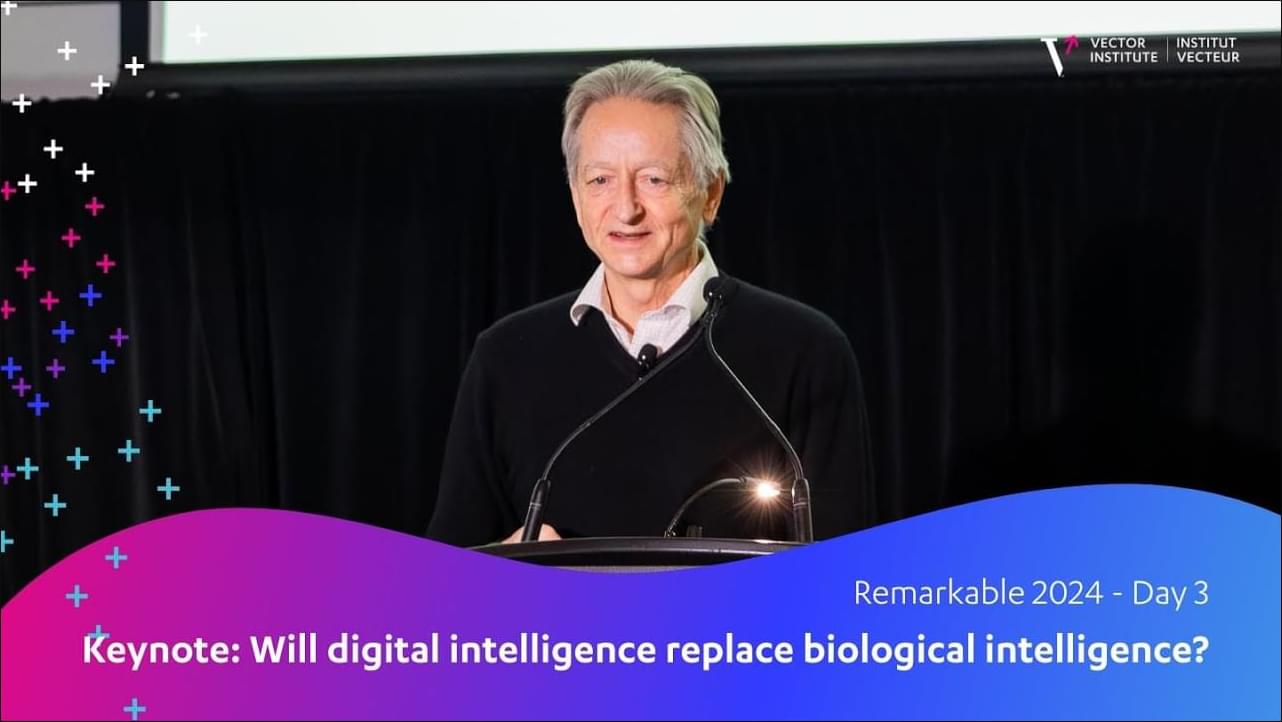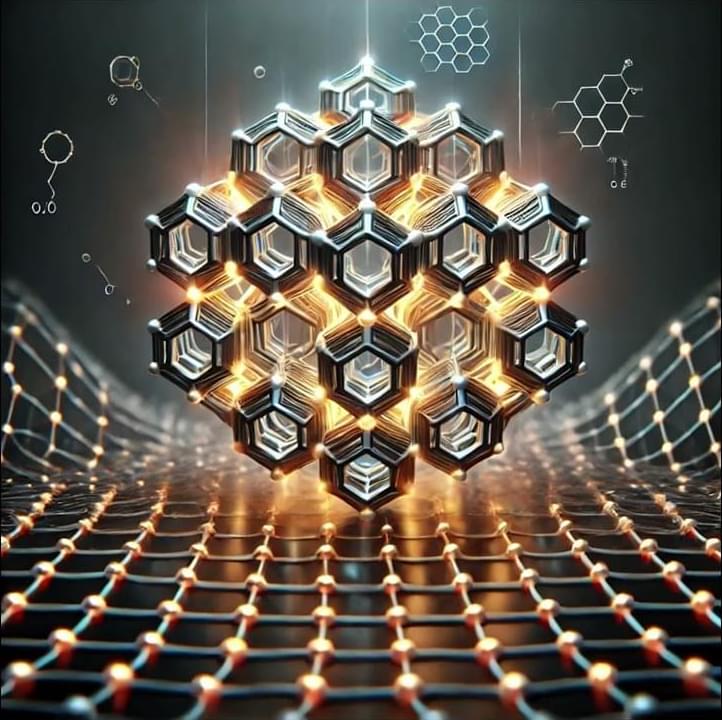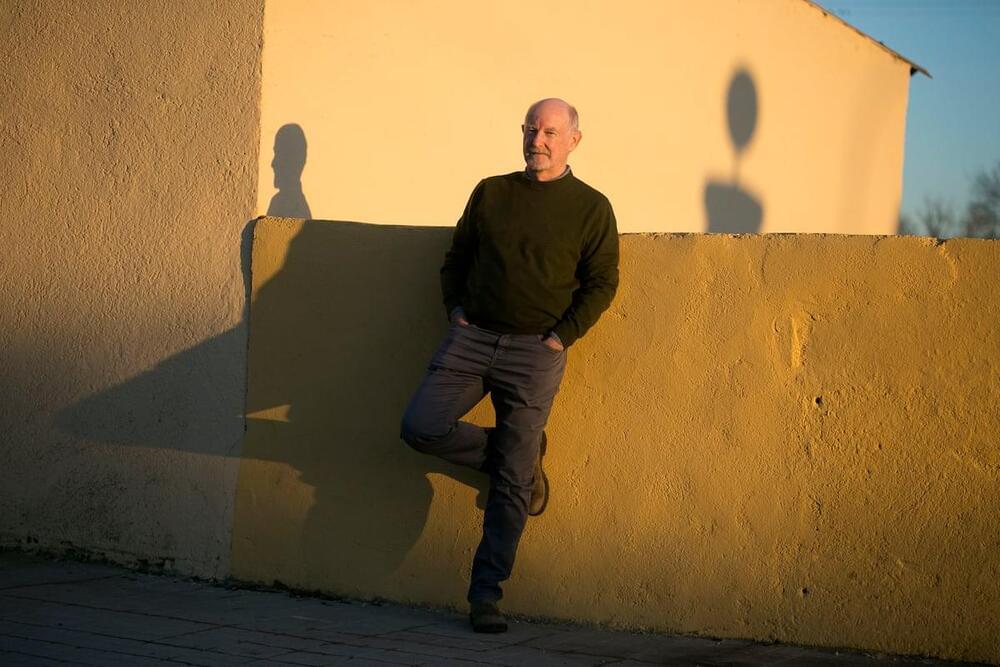LG plans to launch its brightest-ever OLED screen later this year. A new internal structure enables the fourth-gen panel to achieve a maximum brightness of 4,000 nits – about 30 percent higher than the previous generation.
OpenAI says it trained a new AI model called GPT-4b micro with Retro Biosciences, a longevity science startup trying to extend the human lifespan by 10 years, according to the MIT Technology Review.
Retro, which is backed by Sam Altman, has been working with OpenAI for roughly a year on this research, according to the report. The GPT-4b micro model tries to re-engineer proteins — a specific set called the Yamanaka factors — that can turn human skin cells into young-seeming stem cells. Retro believes these proteins are a promising step toward building human organs and providing supplies of replacement cells.
The model differs slightly from Google’s Nobel prize-winning AlphaFold, which predicts the shape of proteins, but it appears to be OpenAI’s first model that is custom-built for biological research. OpenAI and Retro tell the MIT Technology Review they plan to release research on the model and its outputs.
Two new neural network designs promise to make AI models more adaptable and efficient, potentially changing how artificial intelligence learns and evolves.
New research into the single-celled organism is providing clues about what the early planet looked like – and raising the prospect that we may not be alone.
Summary: A new study has identified three psychological profiles that influence brain health, cognitive decline, and dementia risk in aging adults. Profiles with high protective traits, like purpose and openness, show better cognition and brain integrity, while those with low protective traits or high negative traits face accelerated brain atrophy and mental health issues.
Researchers emphasize comprehensive psychological assessments to tailor interventions, like therapies that enhance life purpose or reduce distress symptoms. These findings pave the way for personalized strategies to prevent cognitive decline and support brain health in adulthood and aging.
Vector Institute’s Remarkable 2024 | Geoffrey Hinton — Will Digital Intelligence Replace Biological Intelligence?
In this profound keynote, Vector co-founder Geoffrey Hinton explores the philosophical implications of artificial intelligence and its potential to surpass human intelligence. Drawing from decades of expertise, Hinton shares his growing concerns about AI’s existential risks while examining fundamental questions about consciousness, understanding, and the nature of intelligence itself.
Geoffrey Hinton is one of the founding fathers of deep learning and artificial neural networks. He was a Vice President and Engineering Fellow at Google until 2023 and is Professor Emeritus at the University of Toronto. In 2024 Hinton was awarded the Nobel Prize in Physics.
Key Topics Covered:
Explore the groundbreaking potential of borophene, a two-dimensional nanomaterial made of boron that outperforms graphene in strength and flexibility. Discover its exceptional properties, including superior electrical and thermal conductivity, unmatched mechanical resistance, and remarkable chemical reactivity. This episode delves into its promising applications in fields such as flexible electronics, energy storage, and nanomedicine. We also compare borophene to graphene and discuss the challenges of scaling up production for widespread use. A deep dive into the material poised to redefine the future of technology.
Rafael Yuste, neuroscientist: ‘We have to avoid a fracture in humanity between people who have cognitive augmentation and those who do not’
Posted in neuroscience | Leave a Comment on Rafael Yuste, neuroscientist: ‘We have to avoid a fracture in humanity between people who have cognitive augmentation and those who do not’
The researcher, who teaches at Columbia University, has been promoting the new National Center for Neurotechnology in his native Spain. The institute will manufacture devices capable of tapping the human mind and modifying it.
A new way of measuring structures deep inside Earth has highlighted numerous previously unknown blobs within our planet’s mantle. These anomalies are surprisingly similar to sunken chunks of Earth’s crust but appear in seemingly impossible places.
We can judge the value of any scientific endeavour based on how much of our knowledge it overturns or transforms. By that metric, the ESA’s Gaia mission is a resounding success.
The spacecraft gave us a precise, 3D map of our Milky Way galaxy and has forced us to abandon old ideas and replace them with compelling new ones.
Currently, we’re marking the end of the Gaia mission, our best effort to understand the Milky Way. Gaia is an astrometry mission that’s built an impressive map of the Milky Way by taking three trillion observations of two billion individual objects in the galaxy, most of them stars, over an 11-year period.

